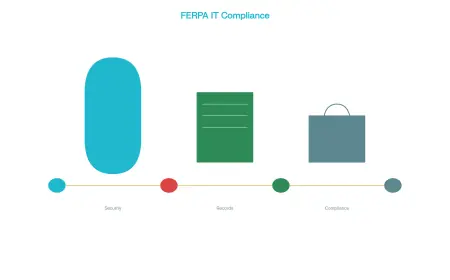Comparison of Popular SharePoint Migration Tools for 2025
Compare top SharePoint migration tools for 2025. Explore features, pros, cons, and tips to choose the best tool for a smooth SharePoint migration.
Migrating to SharePoint is essential for businesses seeking modern collaboration solutions. Choosing the right migration tool ensures a smooth and efficient process. In this article, we will explore the top SharePoint migration tools for 2025. We’ll also discuss their features, limitations, and tips for selecting the best option.
Why Use SharePoint Migration Tools?
SharePoint migration tools streamline the transfer of data between platforms. They ensure minimal downtime and help maintain data integrity. With the right tool, organizations can:
-
Transfer large amounts of data quickly.
-
Retain metadata and permissions.
-
Minimize migration errors.
Choosing the wrong tool can result in data loss, extended timelines, and increased costs.
Popular SharePoint Migration Tools
1. Microsoft SharePoint Migration Tool (SPMT)
The Microsoft SharePoint Migration Tool is a free option. It supports basic migrations to SharePoint Online and OneDrive.
Key Features:
-
Ideal for small-scale migrations.
-
Supports SharePoint Online and OneDrive.
-
Retains metadata during migration.
Limitations:
-
Limited functionality for complex migrations.
-
No support for third-party cloud platforms.
-
Lacks advanced reporting features.
Best For:
-
Small businesses with straightforward migration needs.
2. Kernel Migration for SharePoint
Kernel Migration for SharePoint is a robust tool designed for comprehensive migrations. It handles SharePoint-to-SharePoint and cross-platform migrations.
Key Features:
-
Supports migrations from Google Drive, Dropbox, and Teams.
-
Advanced filtering and mapping options.
-
Provides detailed reports for migration status.
Limitations:
-
Requires technical expertise for optimal use.
-
Higher cost compared to free tools.
Best For:
-
Medium to large enterprises with complex migration requirements.
Key Considerations When Choosing a SharePoint Migration Tool
Selecting the right tool depends on your specific requirements. Consider these factors:
1. Migration Scope
Evaluate the size and complexity of your migration. Larger migrations may need advanced tools like Kernel.
2. Budget
Free tools like SPMT are suitable for basic needs. Paid tools offer better features for complex scenarios.
3. Post-Migration Support
Choose tools offering post-migration assistance. This ensures smooth operations after data transfer.
4. User-Friendliness
Ensure the tool’s interface is intuitive. This reduces training time and speeds up the migration process.
5. Compatibility
Check if the tool supports all required platforms and data formats.
Overcoming SharePoint Migration Tool Limitations
Every tool has its limitations. For instance, SPMT struggles with complex migrations. Kernel Migration for SharePoint requires technical knowledge but offers robust features. Consider these strategies to overcome limitations:
-
Combine tools for specific tasks if necessary.
-
Invest in professional services for high-complexity migrations.
-
Perform thorough testing before the final migration.
How to Download SharePoint Migration Tools
Getting started with a migration tool is easy. Here’s how to download the SharePoint to SharePoint migration tool, some popular options:
-
Microsoft SPMT: Available for free on the Microsoft website.
-
Kernel Migration for SharePoint: Visit the official Kernel website for the download link.
Conclusion
Choosing the right SharePoint migration tool is crucial for a seamless migration experience. Microsoft SPMT is a free option for basic needs. Kernel Migration for SharePoint offers advanced features for complex migrations. Evaluate your requirements and budget to make the best choice.
In 2025, prioritize tools that offer flexibility, reliability, and strong post-migration support. A thoughtful selection will save time, reduce costs, and ensure data integrity during your SharePoint migration journey.
Read more blogs: JoriPress
What's Your Reaction?
 Like
0
Like
0
 Dislike
0
Dislike
0
 Love
0
Love
0
 Funny
0
Funny
0
 Angry
0
Angry
0
 Sad
0
Sad
0
 Wow
0
Wow
0


















































